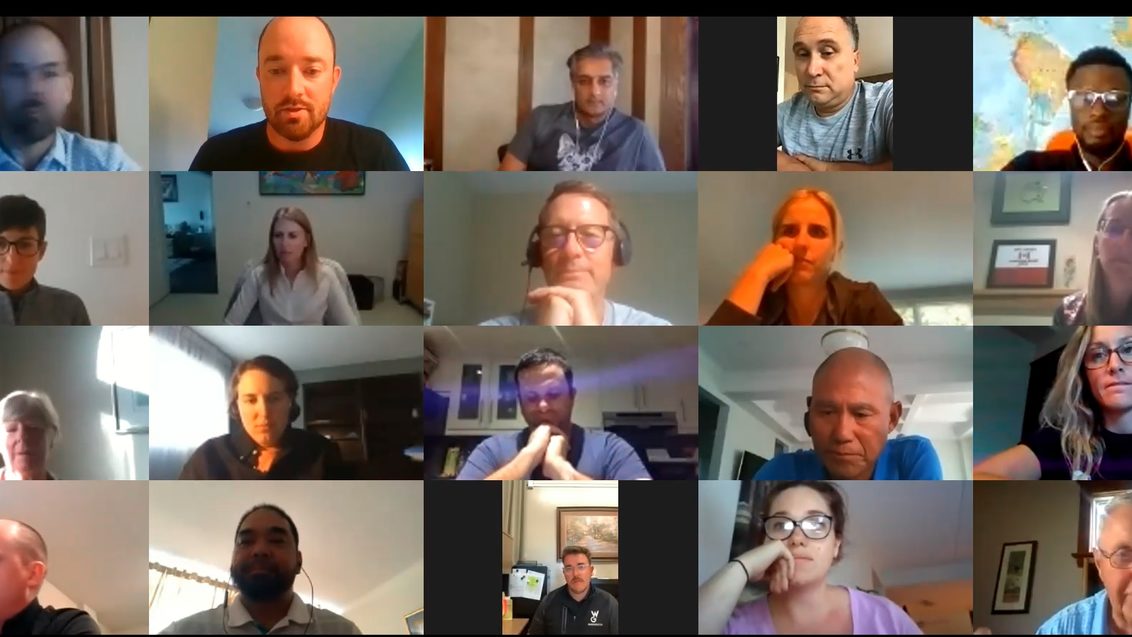Changing the face of the PGA of Canada

‘You can’t be what you can’t see’: PGA of Canada undergoes top-down changes to promote diversity’
The launch of a wide-ranging diversity, equity and inclusion report by the PGA of Canada has prompted the organisation into systemic change.
After signalling their intent in 2020 – and being moved by George Floyd’s death, the subsequent protests and the Black Lives Matter campaign becoming permanent headline news worldwide – the body made its findings and intentions clear a month ago as they prepare for a four-year overhaul of the sport in their country.
“It’s so long overdue,” Matt Allen, PGA of Canada Chief Innovation Officer, told Syngenta Growing Golf.
“Largely the report is about changing our organisation and the governance to be more equitable and inclusive: by adding new board members, changing the way we hire staff from top down, to ensure we have diverse voices. Those are critical for us.
“We didn’t want to be descriptive and wanted to avoid tokenism like ‘We need more women golfers’. We can’t just assume if we launch a women and coaching program that’s going to create more women golfers for the next 20 years, we had to dig deep into each of the six areas we identified.”
Late in their 2020 summer Allen and his colleagues brought together 17 volunteers to form an Equity, Diversity and Inclusion Task Force, who reported on six areas: New Canadians, Black, Indigenous, and People of Colour (BIPOC); LGBTQI2S+; People of Different Abilities; Women; and Socio-Economic Status.
Allen underlined how enlightening it had been to be contacted by members or amateur golfers saying “they’d never been heard” in Canada.
“For example, to get entry into the PGA of Canada, you have to be an able-bodied person. 0.5% perhaps of the people of different abilities population could pass our playing ability test, yet physical disabilities or different abilities don’t impede your ability to be a good golf pro.”
With a 93% male and 96% white membership, the PGA of Canada was delighted to receive no pushback to their forward-thinking plans.
“White, cisgender, straight men have been saying ‘We need this support at our club because we know we need to attract new people and we don’t have that ability’,” added Allen.
“I’ve had more of those conversations than I have with under-represented or marginalised golfers – white males and females have said ‘Thank you, I need this, I want to play a part.’ I think that’s when you’re going to start to see changes.”
Allen said initial feedback showed one of the “biggest and most difficult areas” would be LGBTQI2S+ - pointing towards ongoing discussions within the International Olympic Committee about the way forward.
“When it comes to gender orientation or sexual orientation and gender identity, it’s the most polarised area within society,” he said.
“As you can see in the report with changing dress codes and eligibility for tournaments, this area is one of the areas we were challenged with already.”
